▻ Omnibus Seventh Edition
Episode Seven
Episode Summary:-
Politics and controversy in the wine world: This month in Omnibus Seven, John Stimpfig discloses news of Vladimir Putin’s new wine law in Russia, which has some in the Champagne industry up in arms (but, interestingly not all); new research by New Zealand winemaker and consultant Sophie Parker-Thomson MW, which challenges the conventional wisdom that it is sulphur that causes allergies and headaches – she believes biogenic amines are the culprit, which has major implications for claims by the Natural Wine Movement.
Jane Anson and Sarah Kemp discuss the seismic news (in Bordeaux, at least) that Château Cheval Blanc and Chateau Ausone are not submitting their wines to the next Saint Emilion classification, and explore what the ramifications may be. Then, Elin McCoy talks about why the hugely successful Napa Valley Wine Auction has decided to change its formula: It’s to be called “Collective Napa Valley,” aiming to be less ostentatious and more inclusive, but will it work? Also in Napa, Elin notes how luxury wine experiences are booming, with waiting lists for experiences like US$950 personal tours of vineyards.
There is more news this month: John takes a look at paper bottles, which are immediately selling well, and welcomes a new wine channel, 67pallmall.tv. Elin reports on the effect of the reduction of tariffs by the Biden administration and how it has affected the US wine trade and the Bordeaux 2020 campaign. And, of course, no Wine Conversation would be complete without a discussion of the weather, floods in Europe and heatwaves on the West Coast of the US and Canada, and it is only July.
An action-packed episode full of the latest news and controversies.
““In 2012 the gates of hell blew open for Saint Emilion.””
Running Order:-
-
0.00 – 11.41
“Champagne producer Michel Drappier has accused the Russians of being hooligans and swindlers for hijacking Champagne’s protected status.”
A new wine law signed by Russian President Vladamir Putin is causing consternation in Epernay and Reims. The new law signed on July 2, states that only Russian producers can label their bottles as Shampanskoye, the Russian name for Champagne, and that Champagne producers must label their wines as sparkling wines on the back label. French producers are still allowed to use the word “Champagne” on the front of their bottles but the use of “Shampanskoye” is only allowed on local wines. John talks about the reaction from Champagne (perhaps surprisingly, mixed) and what it means for the industry. -
11.42 – 13.11
John welcomes the news that a new TV channel has launched devoted to wine, 67pallmall.tv. It is free to air for Wine Conversation listeners and Sarah and John agree that the production values are terrific.
-
13.12 – 17.35
“This could be a game changer is the way that some wine is packaged”
Paper wine bottles are now on the market, reports John, and the good news is they are selling well. Frugalpac is the company leading the charge, and they have produced paper wine bottles which are made from 94% recycled paperboard, with a food grade pouch, that are five times lighter than glass, with six times lower carbon footprint. Their first wine, Cantina Goccia, sold out twice, one merchant selling his stock in one day. It can’t replace glass for extensive ageing, John says, but it could be a game changer for much of the wine industry. -
17.36 – 27.08
“Much received wisdom has been directly challenged by a 2020 MW dissertation by Sophie Parker-Thomson MW, winemaker and wine consultant in New Zealand.”
Ten per cent of wine drinkers suffer adverse reactions (and we are not talking hangovers here). Traditionally, the blame has been laid at the door of sulphites. In a recent dissertation, winemaker Sophie Parker-Thomson has challenged this received wisdom, and states that the cause is an excess of biogenic amines, which can be kept in check by sulphites. John unravels the science and asks, “Where does this leave the Natural Wine Movement?” -
27.09 – 37.23
“A very difficult event, watched eagerly by lawyers.”
Jane Anson and Sarah Kemp discuss the news that Château Cheval Blanc and Château Ausone have decided to not participate in the Saint Emilion classification, which is up for renewal in 2022 and is the only Bordeaux classification which is renewed (every ten years). “It has become a very difficult event, watched eagerly by lawyers more than anyone else, and has been particularly contentious since 2012,” notes Jane, as she gives the background to the decision and talks about why the châteaux decided to withdraw. Sarah and Jane agree that it won’t harm Cheval Blanc and Ausone, but agree it is ironic that the classification aimed to reward estates doing well, a noble idea in theory, but in 2012 came court cases and “the gates of hell blew open for Saint Emilion.” It has all become too hot to handle, concludes Jane. -
37.25 – 46.48
“You would think that the Bordelais would have learnt by now that long campaigns are always painful for consumers.”
Elin McCoy starts her report from the US with the news that the reduction of the 25% tariffs imposed by Donald Trump have been removed by the Biden administration and are guaranteed for 5 years. This has come in time for the Rosé season and the 2020 Bordeaux campaign. Elin discusses how the campaign went (slowly) and how wine merchants are seeing more interest in the top wines, with Lafite, Lynch Bages and Margaux doing particularly well. -
46.49 – 55.00
“In 2019, the Napa Valley Auction hit a high point, with Katie Perry belting out songs before the auction and private tours in the Vatican’s Popemobile being offered.”
Elin discusses the changes which are being made to the world-famous Napa Valley Wine Auction which has been known for its glitz and glamour. The organisers have decided to change the format and aim to make it more inclusive, less ostentatious, and to reinforce the new image of Napa as a place which is about more than $200 Cabernet Sauvignons. It is to be called “Collective Napa Valley,” and instead of one event in California will consist of a series of events in different parts of the world. Elin and Sarah reminisce about past auctions and wonder if they’ll raise as much money? -
46.49 – 55.00
“Prices for wine tourism in Napa are going through the roof.”
Prices for wine experiences in the Napa Valley are rising, really skyward. Elin talks about the pent-up demand for wine tourism, which she discerns is due to people not travelling overseas, and the desire to have private tours due to fears of Covid (among other factors). She describes, for example, how Tor Kenward of Tor Wines is charging US$950 for a tasting and tour of the three historic vineyards which go into his wine Black Magic, and how Shannon O’Shaughnessy of Aileron Estates is offering flights over Napa in her vintage plane for US$650; $500 tours are aplenty, and hotel rooms are commanding over US$1000 a night. -
59.58 – 1.01.04
“All conversations come back to climate change.”
Omnibus Seven concludes with Elin and Sarah discussing current extreme weather conditions. Elin reveals that it was the hottest June on record in the US, notes that there are wildfires blazing in Southern Oregon, and that Washington State, which now has over 1000 wineries, has recorded an all-time high temperature of 119 degrees Fahrenheit, obviously a source of extreme anxiety for the vintners. Sarah and Elin agree that nearly every conversation about wine these days comes back to climate change.
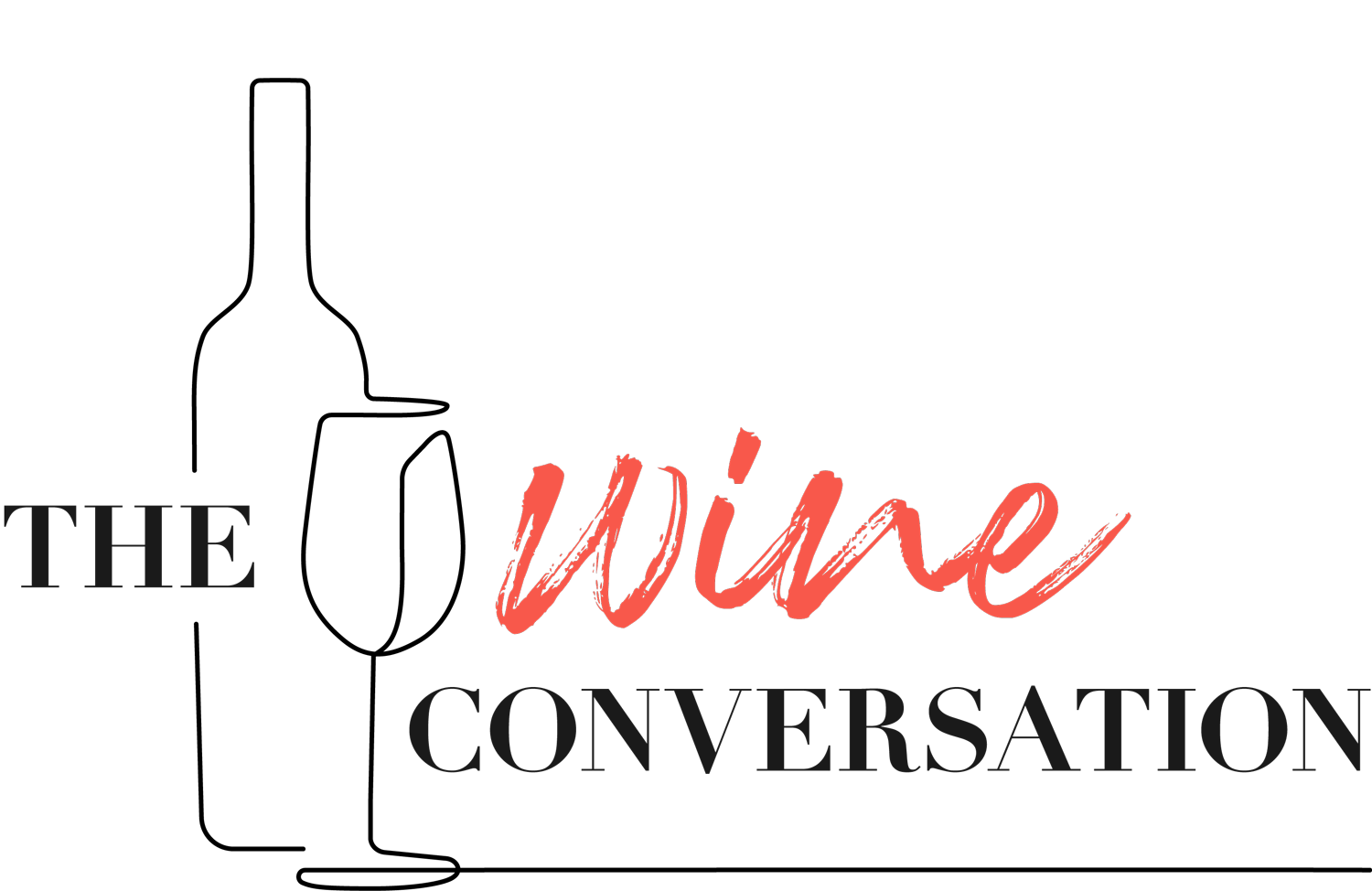





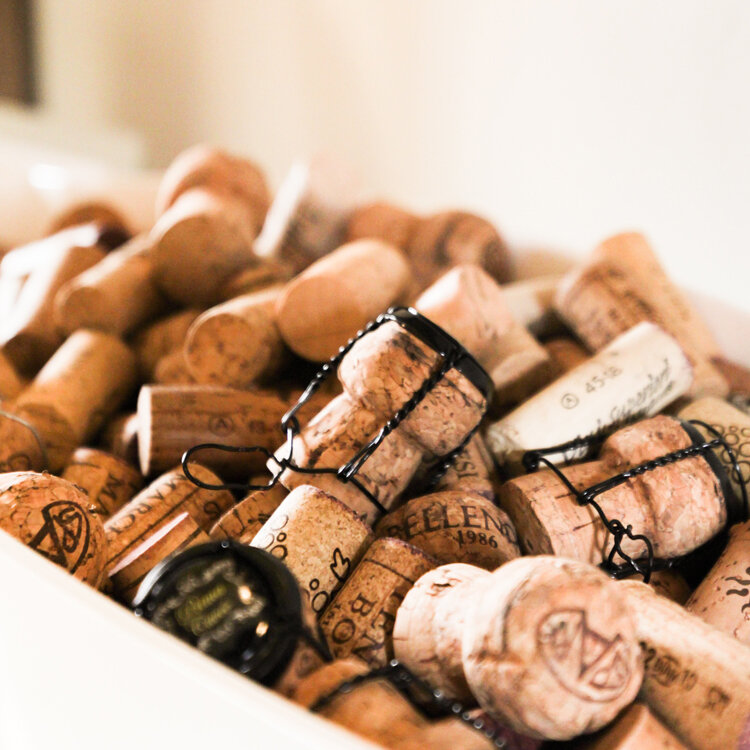
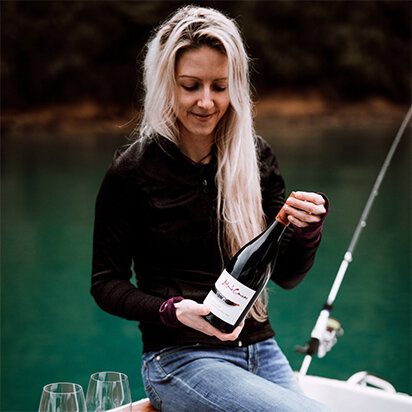
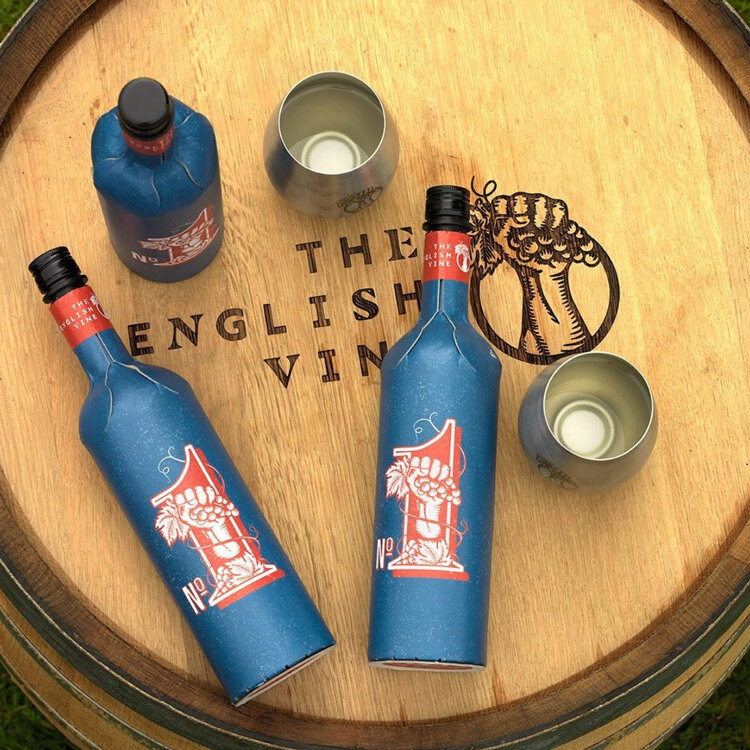
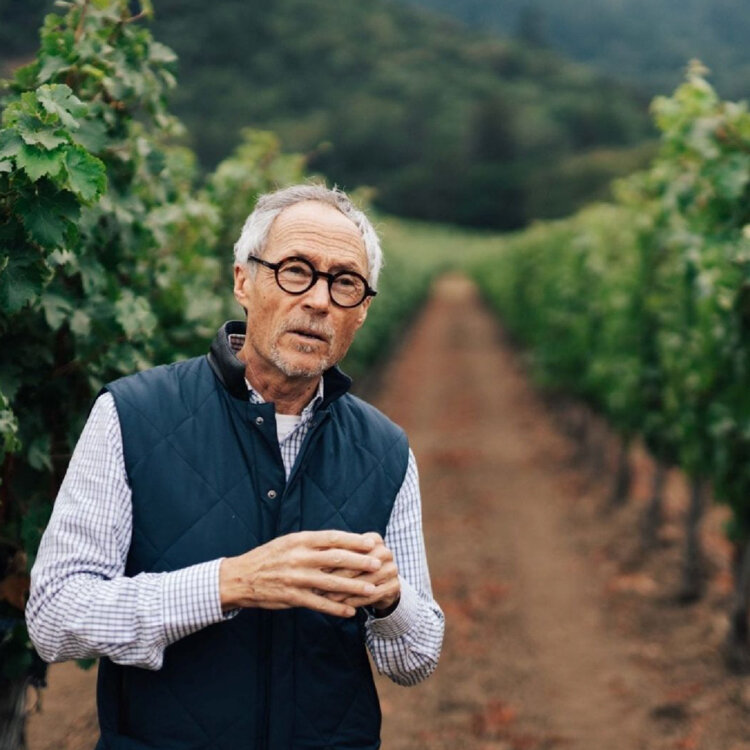
Jasper Morris MW takes a deep dive into Chablis premiers crus. Discover its history, terroir and the up-and-coming producers to watch.